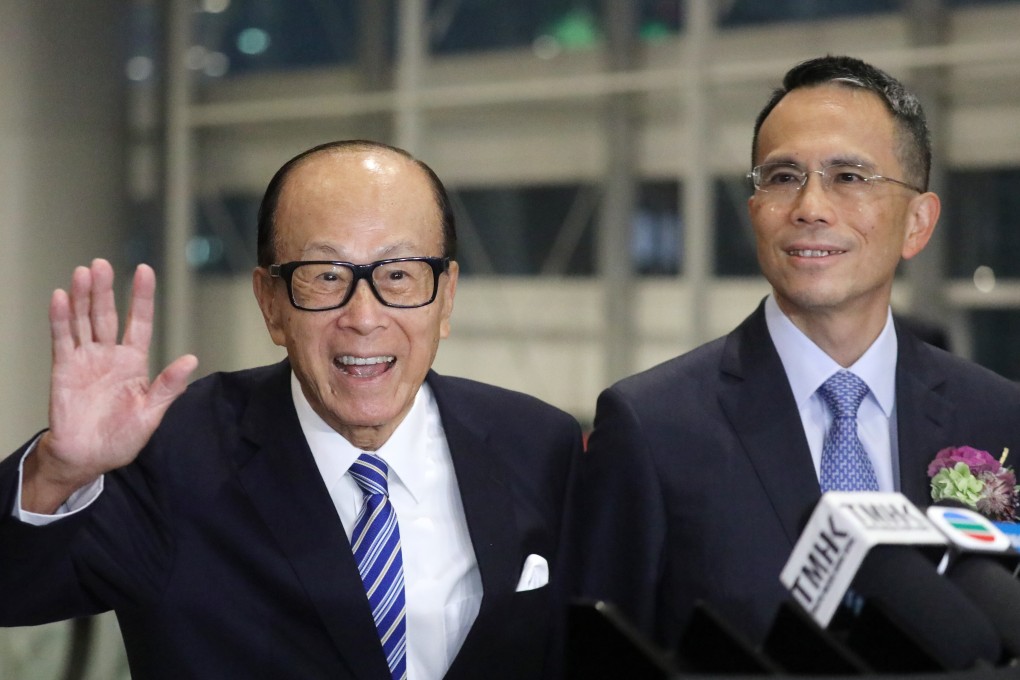Opinion | For Hong Kong and the US to escape the low-fertility trap, the old must help the young
- The concentration of wealth among the older generation must be shared with the young, who need economic opportunities. Dialogue and generosity are needed to bridge the intergenerational divide

The US presidential election was notable for several reasons, including the unusually mature age of the candidates. Of the seven Democrat primary candidates, four would have been the oldest ever newly elected president, exceeding the record that President Donald Trump took from Ronald Reagan.
The US presidency is often described as the most powerful job in the world. For the leading candidates to be at post-retirement age is enough to make one consider what’s going on.
Is there something extraordinary about the levels of endurance that can be maintained nowadays, or is something making it more difficult for younger generations to attain positions of power?
Certainly, medical advancements and healthier living can explain some increases in performance in later years, but perhaps demographic data hints at an intergenerational challenge relevant to the United States, and also Hong Kong.

